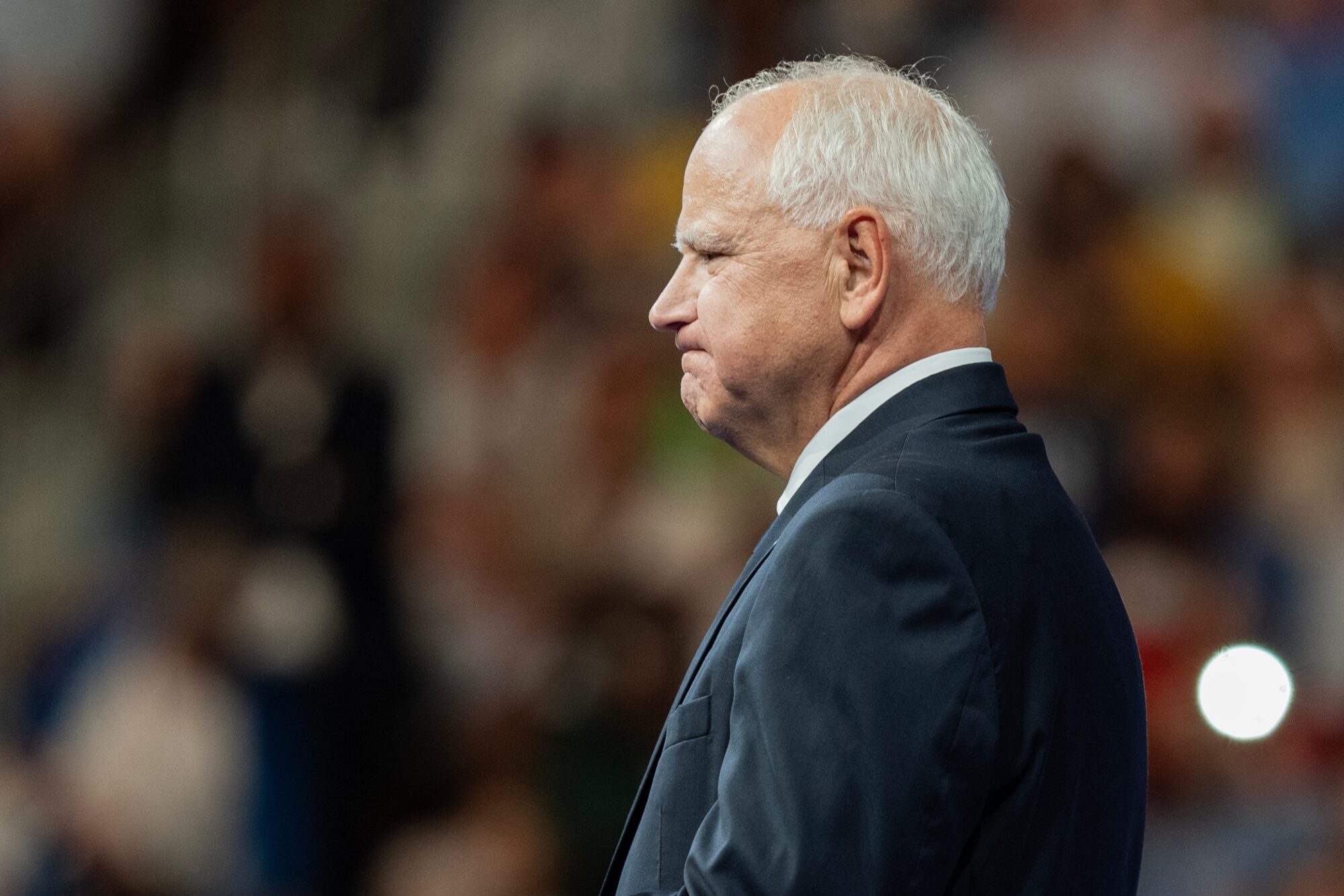
Former Florida Governor Jeb Bush and Dr. Kymyona Burk say Mississippi’s early literacy success should be a beacon of hope for states across the country.
Over the past decade, Mississippi has made significant strides in improving its early literacy outcomes. This remarkable achievement often is referred to as the “Mississippi Miracle.”
But it isn’t a miracle at all. The Magnolia State’s success is the result of a concerted effort by policymakers, educators and families to put all students on a path to becoming skilled readers.
In 2011, nearly four out of five Mississippi fourth graders scored below proficient on the National Assessment of Educational Progress (NAEP) reading exam. This dismal performance was a wake-up call for the state, which ranked last in the nation in reading achievement.
In response, Mississippi enacted a comprehensive suite of reforms to address literacy; increase access to early childhood education; and enact an A-F accountability model. The literacy policies included:
- A systematic approach to reading instruction, which includes explicit instruction in the components of reading identified by the National Reading Panel – phonemic awareness, phonics, vocabulary, fluency, and comprehension. Significant investment in professional development for teachers on how to teach reading effectively.
- A requirement that students who do not meet the state standard for promotion by the end of third grade be retained.
- Screening all students for reading difficulties beginning as early as kindergarten and providing interventions to those who need them.
The adoption and implementation of these policies have had a dramatic impact on Mississippi’s reading achievement. Between 2011 and 2019, Mississippi’s fourth grade reading score on the NAEP exam, often referred to as the Nation’s Report Card, increased by 10 scale score points (the equivalent of a full grade level), the largest gain of any state in the nation during that time period. In 2022 and post-pandemic, Mississippi scored higher than the nation for the first time, scoring 217 to 216, respectively. As a result, Mississippi has improved from last to 21st in the nation in fourth grade reading achievement.
Mississippi’s outcomes are a testament to the power of sound public policy and effective implementation. It shows that even states with long-standing challenges can achieve significant progress in improving student outcomes.
The state’s success is also a reminder that all students can learn to read, regardless of their background or circumstances. When we provide students with the early literacy supports they need, they can succeed.
Over the summer, however, we heard pushback from a few outspoken critics who want to minimize the state’s success. They cherry-picked data and redirected attention to Mississippi’s other challenges—from poverty to public health—in an attempt to diminish gains in early literacy.
We want to make it clear that the state can continue to focus on addressing those challenges while celebrating our sustained commitment to improving reading outcomes—and sharing our public policy roadmap with other states looking to implement similar literacy policies.
Policymakers outside of Mississippi can learn a great deal from what happened here, which we based on outcomes achieved years earlier in Florida, the first state to successfully implement comprehensive literacy policy.
First, it is important to have a comprehensive early literacy plan that includes all of the fundamental principles, such as third-grade retention, screenings and interventions, phonics instruction and professional development for teachers. We have developed an online, interactive tool, Early Literacy Matters, that details those principles and breaks down how much progress states have made in each area.
Second, states must implement these policies with fidelity. This means ensuring that all schools and teachers are following the plan consistently.
Third, progress requires patience, persistence and public support. It takes time to see the results of early literacy reform, and it takes time to explain why changes are necessary. In Mississippi, we spent the better part of two years supporting educators in schools and explaining the law to teachers and families before the promotion requirement went into place.
Mississippi’s early literacy success should be a beacon of hope for states across the country. It shows that it is possible to turn around even the most challenging school systems and ensure that all students can succeed.









